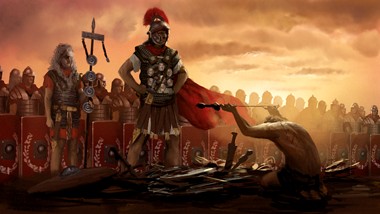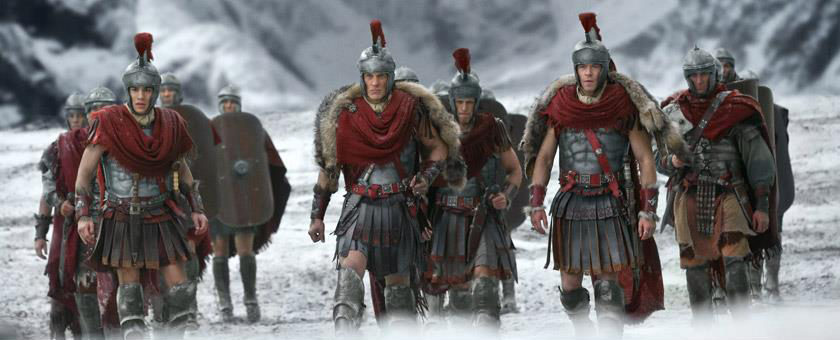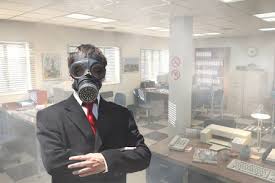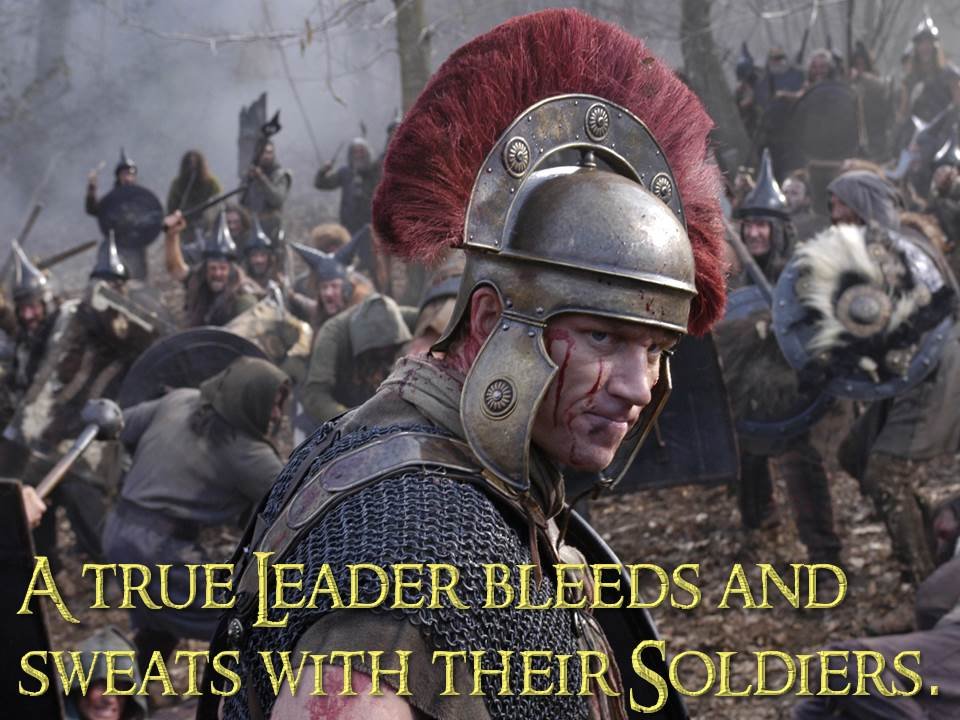© Article by Dr. Daniele Trevisani – http://www.danieletrevisani.com – Copyright. Adapted from the book The Soul Box. Ancient Wisdom meets Human Potential Research. Thoughts for Self-Expression, Inner Energy and Life
______
The fight for Human Potential is a hard one. One must remain faithful to Human Potential Research, no matter how hard it is.
In arduis fidelis
Faithful in adversity
This value has intangible enemies. One of the most powerful enemies of Human Potential is the psychological climate, and leaders are the main responsible of this climate.
Toxic leadership as a concept is making its way especially in the literature on Army Leadership. A toxic leader is a person who has responsibility over a group of people or an organization; he/she abuses the leader–follower relationship by leaving the group-members or organization in a worse-off condition than when s/he first found them.
It is already clear that a Toxic Leader brings his people to mentally starve, to die and suffer either physically or for stress.
It is the same type of leadership based on lies and superficiality, a “great packaging and empty values” style. This style brought to corporate disasters such as Enron, and it is present in any world failure. This problem is everywhere. It is so widespread that US Army revised its leadership bible, Army Doctrine Publication 6-22, to detail what toxic leadership means for the first time.
Top commanders in the U.S. Army have announced publicly that they have a problem: They have too many “toxic leaders” — the kind of bosses who make their employees miserable. Many corporations share a similar problem, but in the Army’s case, destructive leadership can potentially have life or death consequences.[1]
The manual defines Toxic Leadership clearly and states its dangers:
“Toxic leadership is a combination of self-centered attitudes, motivations, and behaviors that have adverse effects on subordinates, the organization, and mission performance. This leader lacks concern for others and the climate of the organization, which leads to short- and long-term negative effects. The toxic leader operates with an inflated sense of self-worth and from acute self-interest. Toxic leaders consistently use dysfunctional behaviors to deceive, intimidate, coerce, or unfairly punish others to get what they want for themselves. The negative leader completes short-term requirements by operating at the bottom of the continuum of commitment, where followers respond to the positional power of their leader to fulfill requests. This may achieve results in the short term, but ignores the other leader competency categories of leads and develops. Prolonged use of negative leadership to influence followers undermines the followers’ will, initiative, and potential and destroys unit morale.”
Let’s look at leadership and leadership styles in Companies. Today’s leaders are unreachable, perimetrated by filtering yes-man, they don’t know anything of what happens in the real life of workers and normal people, they float on an ocean of which they ignore the depth, they do not know the fishes that are swimming underneath, and they feel them as distant as another galaxy. They live in the top floors of prestigious buildings and don’t even know how the day of an employee is, and the real problems of the clients.
The world as an interconnected entity is a “freak” concept to them and what happens in other countries is not of interest unless it touches their personal profit. They are faithful only to themselves and their personal interest.
This is quite the contrary of what we would expect, right? We need to be loyal and responsible not only to ourselves, but to mankind advancements.
Loyalty and dependability are not an option. They are a must.
Semper fidelis
Always faithful
Let’s see the distance from the model of the Toxic Leader and the model that emerges from the words of a great Roman Leader, Emperor Maurizio, General of the Eastern Roman Empire in the 6th Century:
The lifestyle of a General must be linear and simple as that of his soldiers; he must show a paternal affection towards them, he must give orders calmly and always try to give suggestions and discuss important topics with them face to face. His concern should be their safety, their nutrition and the regular payment of the salary…[1]
Strategikon. By Emperor Mauritius Tiberius (581-602 AD.)
How many companies lost this face-to-face contact with their people and clients? But let’s not think that Emperor Maurizio was only a good and wise “father” of his troops. In his treaty on Strategy, he also affirms that a good General, at the first emerging signal of lack of discipline must act to solve it immediately, without postponing it up to the point of letting it grow bigger.
Every time you see a corporate disaster (airplane crashes, ships, nuclear disasters as Three Miles Islands, Fukushima, Chernobyl, chemical, pollution, the Columbia Shuttle disaster, Lufthansa-Germanwings air crash, etc) we see that those companies wrote “Safety First” on every page of their internal manuals and external ads, and had never practiced for real.
The top management of almost any company treats corporate values of social responsibility as mere propaganda, assigned to PR companies and campaigns, but has an enormous internal deficiency of real values.
The ability to communicate well and lead well is not just a gift from nature but is something that can be learned, achieved, produced by exercise, by coaching and feedback, and mostly, the will to improve.
You almost never hear a top manager or CEO to give any real advice and coaching to leaders and manager on the fact that safety depends on a positive lifestyle, a clear mind able to perceive situational awareness, and Mental Training. Simply following procedures is never enough.
Procedures applied in conditions of mental chaos, are completely useless, all the disasters that happened where in companies and organizations whose “procedures” where so many that it was needed a “procedure” even to use common sense.
Getting back to a healthy communication style and generating healthy relationships is a must for every leader and every team-player that refuses to live in a box or in a psychologically filthy environment.
[1] Maurice’s Strategikon. Handbook of Byzantine Military Strategy, Translated from Greek by George T. Dennis, University of Pennsylvania Press, Philadelphia, 1984.
Strategikon. Manuale di arte militare dell’Impero Romano d’Oriente, a cura di G. Cascarino, Editore Il Cerchio, p. 92
[1] http://www.npr.org/2014/01/06/259422776/army-takes-on-its-own-toxic-leaders
https://evolution-institute.org/article/us-army-ambushed-by-toxic-leaders/
_______
© Article by Dr. Daniele Trevisani – http://www.danieletrevisani.com – Copyright. Adapted from the book The Soul Box. Ancient Wisdom meets Human Potential Research. Thoughts for Self-Expression, Inner Energy and Life








